BGH, Bain, Indigo and Cyrus form Virgin Australia bidding shortlist
Shortlist of four bidders emerge as Canadian investor Brookfield pulls out of the bidding war for Virgin.
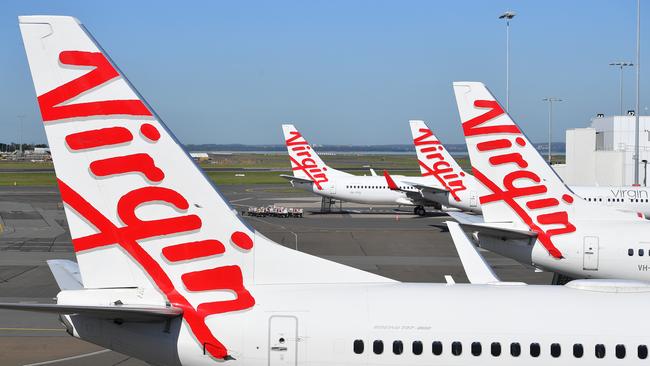
The race for Virgin Airlines has gone down to a short list of four bidders – Ben Gray’s BGH Capital and its partner AustralianSuper, Bain Capital, US-aviation firm American Indigo Partners and private equity investor Cyrus Capital Partners.
This follows a weekend of analysing some eight indicative bids, lodged last Friday, by Virgin’s administrators.
In a statement Deloitte administrators led by Vaughan Strawbridge said they have now shortlisted “a small number of well-funded parties with strong aviation credentials” that are being invited to into the next stage of the process.
“We are delighted by the strength of each of those on the shortlist, with parties selected being well funded and possessing deep aviation experience,” the statement said.
“The parties have also worked constructively with the administration process and put forward credible indicative bids. Importantly, each has a plan for the business which can secure the future for thousands of Virgin Australia employees”.
Mr Strawbridge said the short list of bidders, which were not named citing confidentiality reasons, “enable us to seek the best available commercial solution which we are all looking for, while meeting our responsibility to maximise the outcome for creditors and see the airline continue as one of the country’s two carriers serving Australians across cities and regions”.
He said the administrators will be working intensely with the short-listed bidders over the next four weeks to enable binding offers by mid-June.
This will involve the sharing of more detailed financial and operational information, management workshops and meeting with as many of the financiers, landlords, suppliers and unions.
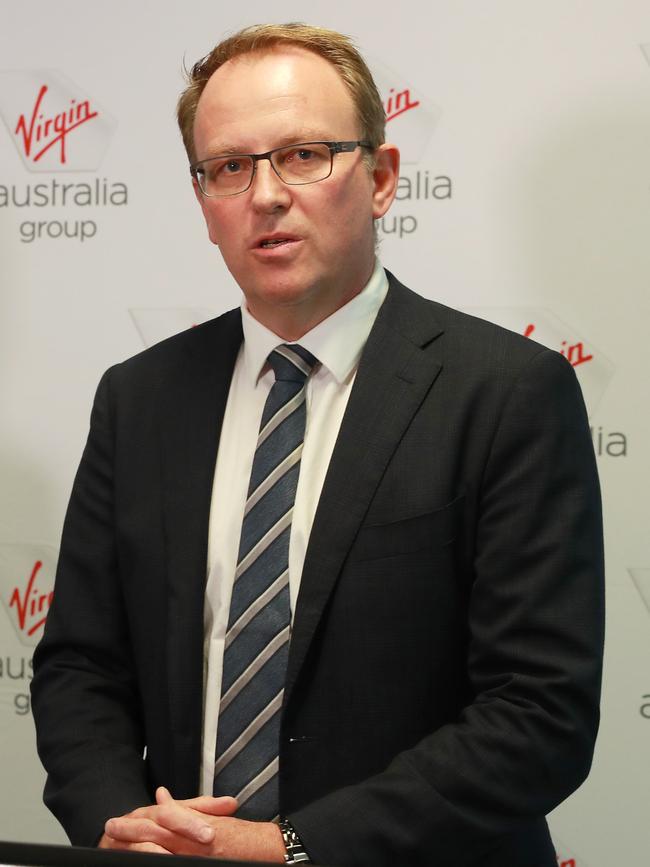
“We are very excited about embarking on the next phase of the sale process and working with the shortlisted parties to see Virgin Australia restructured and come out of voluntary administration in a strong and sustainable position,” Mr Strawbridge said.
Mr Strawbridge has issued a tight deadline to have the short list of four engage with Virgin management and other interested parties ahead of them making a final binding bid by June 12.
Other interested parties include the governments of Queensland and New South Wales, interests associated with Richard Branson, FMG founder Andrew Forrest are also circling the process and could well look at tie up with some of the short-listed candidates.
Brookfield pulls out
Canadian infrastructure investor Brookfield pulled out of the bidding war for Virgin Australia early Monday after administrator Deloitte stood firm on refusing Brookfield’s demand that only two bidders be short listed for the next stage of the sale process.
Brookfield, considered one of the leading contenders to buy Virgin, had been pushing hard for Deloitte to take only two parties through to the next stage of the process and had made the condition a make-or-break pre-requisite to their bid in negotiations on Sunday.
A source close Brookfield said on Monday morning that the company believed there were too many stakeholders who needed to be engaged and negotiated with for more than two parties to be short-listed, particularly given final bids are due June 12.
But Virgin administrator Vaughan Strawbridge said on Friday he was determined to short list at least three of the more than eight that lodged indicative non binding offers on Friday.
Cyrus’ Branson ties
Private equity firm Cyrus Capital Partners and US-based Indigo Partners were new names said to be in the final mix early Monday, along with consortiums led by Bain Capital and BGH Capital. BGH Capital is supported by the $170bn AustralianSuper.
New York-based hedge fund, Cyrus Capital Partners, which controls investments worth more than $US4 billion, has strong links with Virgin group founder Richard Branson dating back to 2005 when Cyrus became an investor in Branson’s proposed Virgin America.
Branson’s Virgin Group announced plans to launch a US carrier in 2004 but it needed US investors because of US law prohibiting foreigners from controlling more than 25 per cent of an American airline.
Virgin America, got off the ground in 2007, jointly controlled by the Virgin Group and Cyrus, the two together holding 54 per cent of the airline.
Virgin America was sold to Alaska Airlines in 2016 for $US2.6 billion.
Branson’s Virgin Atlantic later teamed up with Cyrus and Irish wet lease specialist Stobart Air in late 2018 to buy loss making British regional airline Flybe in a consortium called Connect Airways.
The deal which was finalized in February 2019 with Virgin Atlantic holding 30 per cent of the capital of Connect with Cyrus holding 40 per cent and Stobart Air taking another 30 per cent.
But the investment in Flybe, which at its peak operated 40 per cent of domestic UK flghts, has proved to be a disaster for the investors with the already financially stretched airline hit by the impact of COVID 19 flight cut backs.
Talks were held with the British government in February about granting Flybe a pounds 100 million rescue loan but Ministers rejected the application.
With the Connect investors opting not to put anymore money into it, Flybe went into administration on March 5.
Two weeks later Connect itself enter into administration.
Now Cyrus has emerged as a bidder for Virgin Australia, a move which is clearly linked with Branson whose interested had a 10 per cent stake in the airline before it went into administration on April 20.
Not enough information, says InterGlobe
Meanwhile Indian aviation investor InterGlobe is understood to have passed up the opportunity to put an indicative price on the table because there was not enough information provided by Deloitte to do so.
According to sources close to the sale process, InterGlobe is understood to believe its aviation industry experience would provide a foundation for a successful turnaround of Virgin.
But sources say it baulked at providing a valuation because it does not have enough information.
“It is disappointing that the administrator will seemingly determine its shortlist on the basis of guess work by the parties to the sale process,” the sources said.
“These are the same people that floated Myer to Australian mums and dad for $4.20 and, three CEOs later, what a roaring success that has been (Myer shares now trade at 25c).
At least eight “non binding, indicative” offers were lodged with the administrators on Friday.
Some bidders are also pushing the federal government to provide a guarantee for ticket sales to ensure travellers can make bookings with confidence in the event the airline goes into receivership.
The bidders need to be able to generate some revenue when the airline resumes flying. But they are concerned that travellers will be wary about booking tickets when they can’t be sure they will get their money back in the event the airline falls into liquidation.
Such a government guarantee was secured during the administration of Ansett in 2001, which allowed the carrier to resume limited services between major cities. The guarantee was provided to help Ansett attract a buyer for the business and generate revenue but it was eventually put into liquidation after a bid by billionaires Lindsay Fox and Solomon Lew to buy the airline failed.
Virgin discussed the issue of a ticket guarantee with the government before it was placed into administration, but it was rebuffed by Transport Minister Michael McCormack.
Some people holding Virgin tickets are angry they will not be offered refunds but instead will receive a conditional travel credit that may not be honoured by the airline’s eventual owner.
Virgin has received about 340,000 requests for refunds after cancelling 65,000 flights between March 1 and April 30 due to the COVID-19 pandemic.
Transport Workers’ Union national secretary Michael Kaine said the union was looking to examine the Virgin bids with a view to seeking the best possible outcomes for workers.
“These bids will be measured by us in terms of their worker focus and plan for engagement with the workforce,” he told The Australian on Sunday.
“We are also seeking a plan for getting the airline back to its full flying service as soon as possible and a strong commitment to staying with the asset for the long term.”
The government has appointed former Macquarie CEO Nicholas Moore, accounting firm EY and law firm King & Wood Mallesons to liaise with Mr Strawbridge and monitor the sales process.
But Mr Moore’s appointment has been criticised by aviation industry analyst Peter Harbison, the executive chairman of the Centre for Aviation. “The worry with having a number of different solutions coming out of it and Nick Moore being involved, you impliedly have the government picking winners in a deregulated market,” he said.
Additional reporting: Bridget Carter, Ewin Hannan

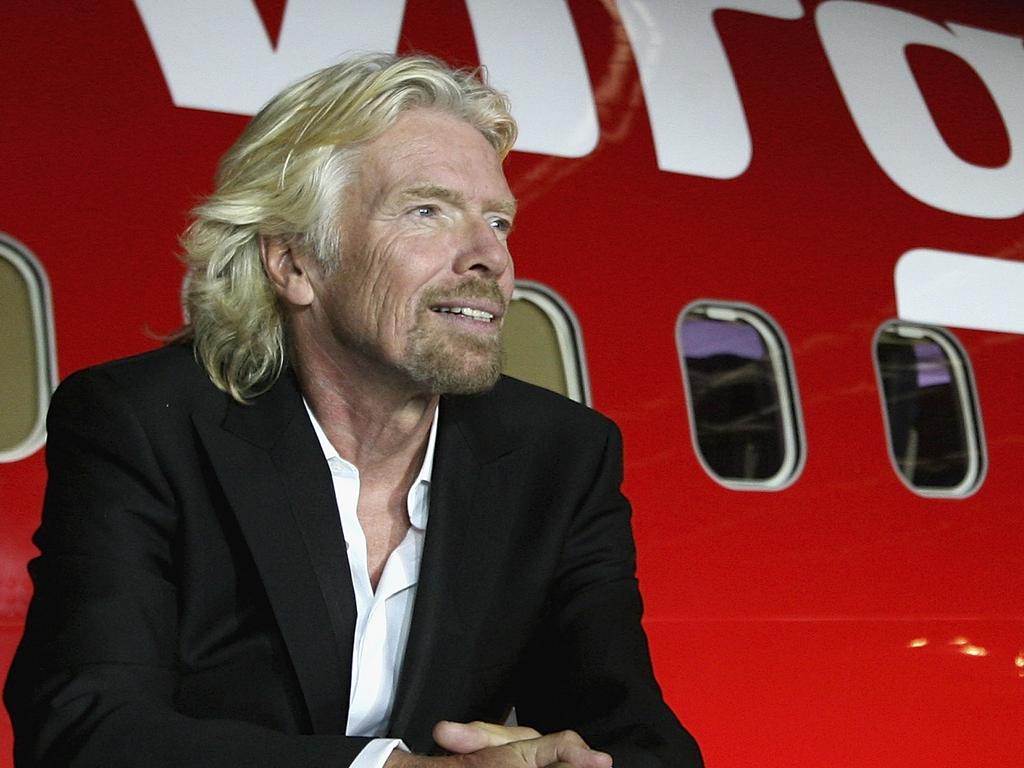
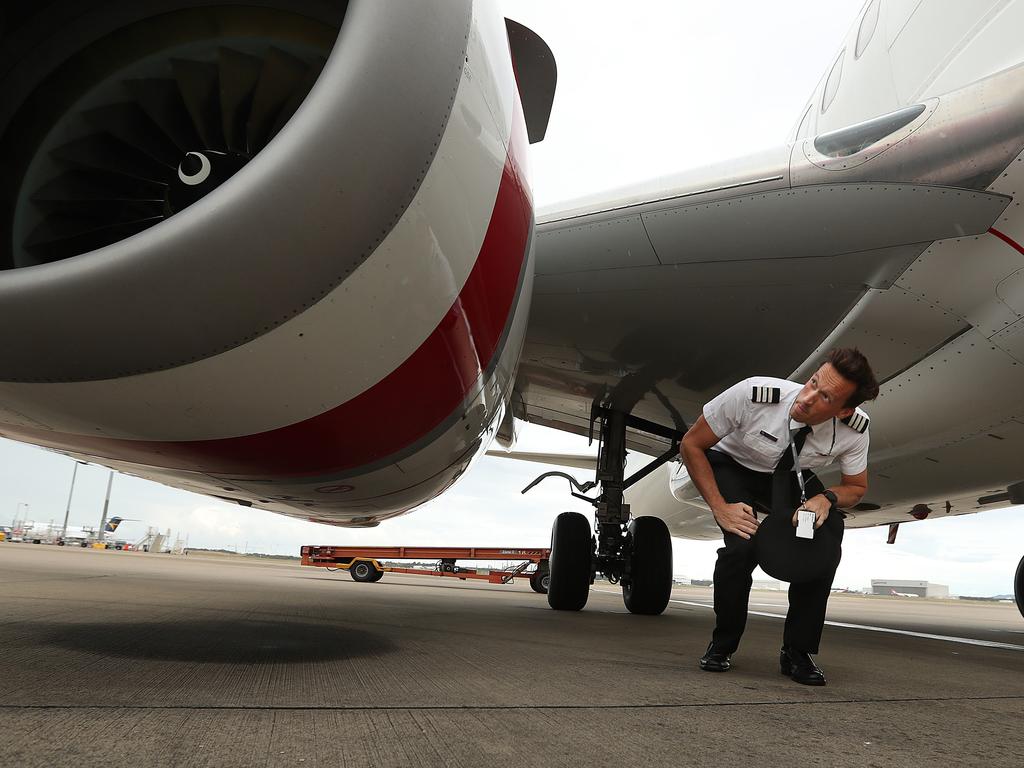
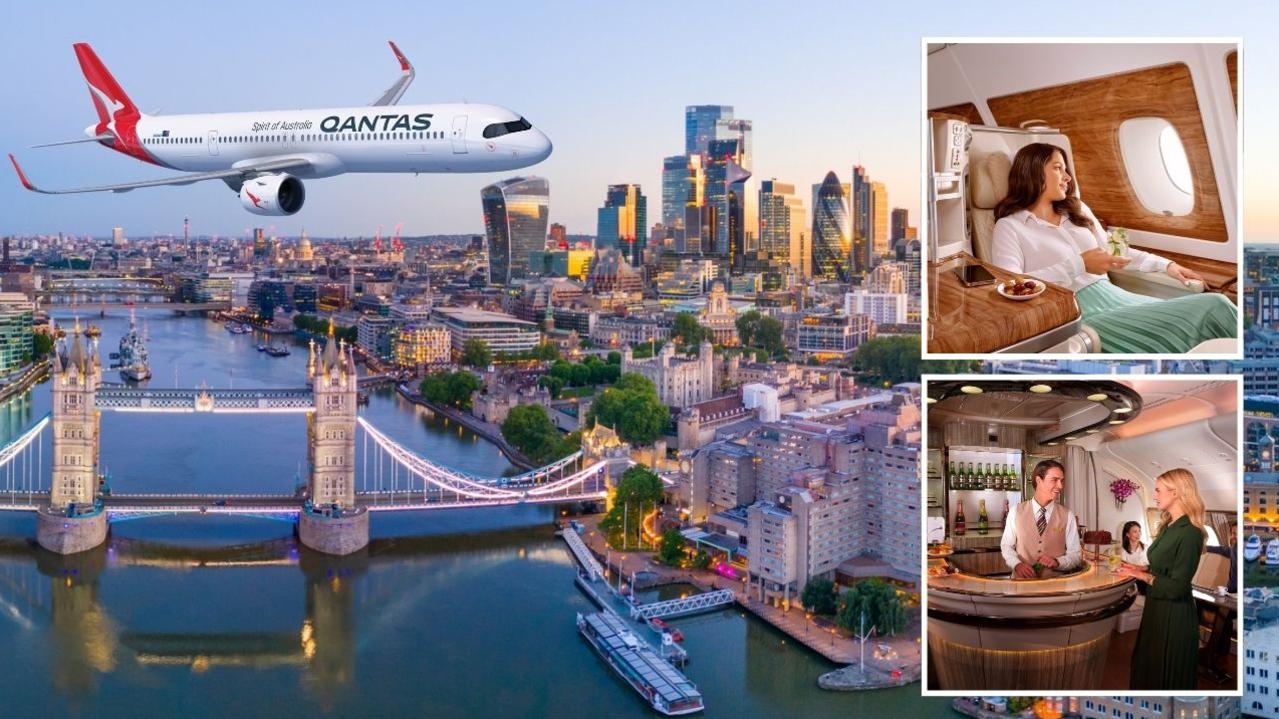
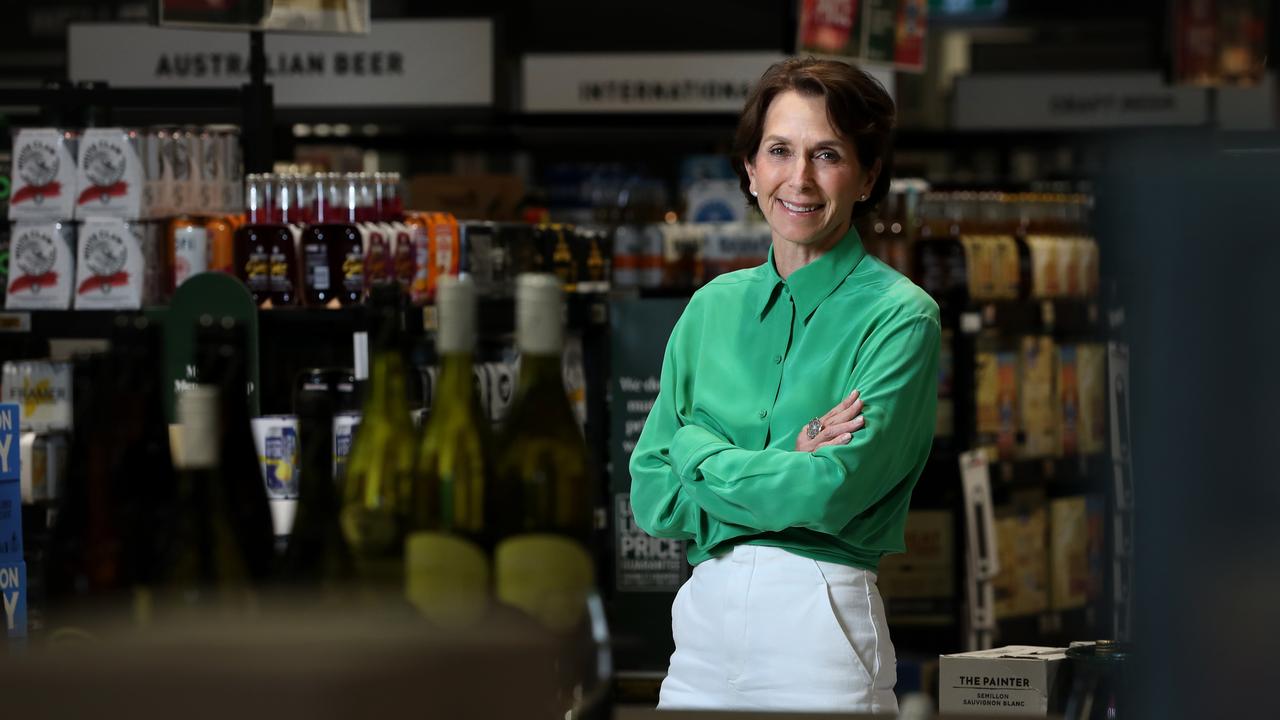
To join the conversation, please log in. Don't have an account? Register
Join the conversation, you are commenting as Logout